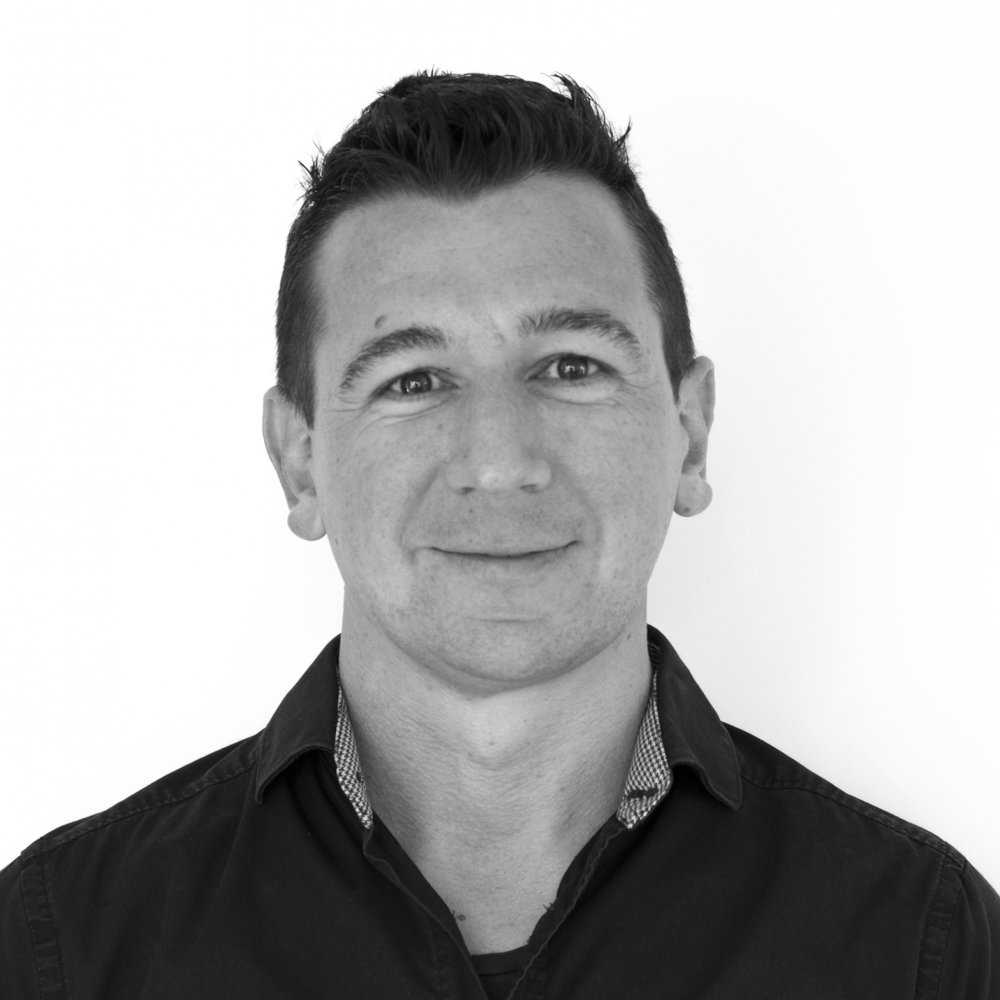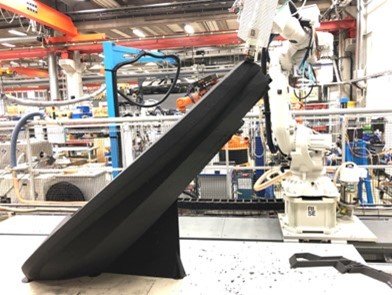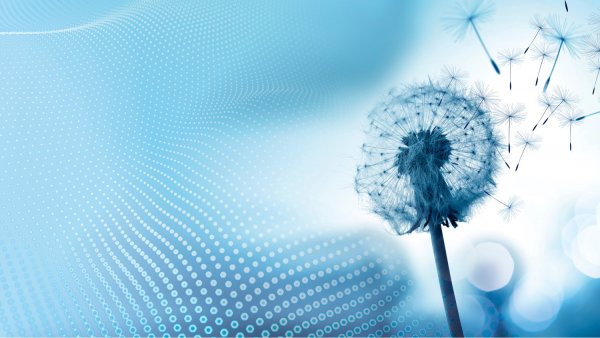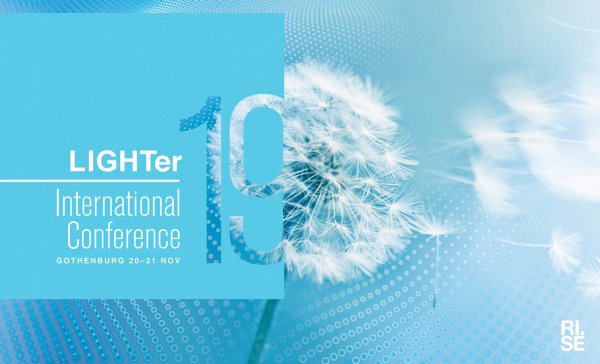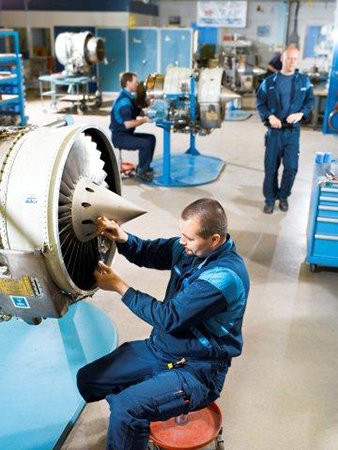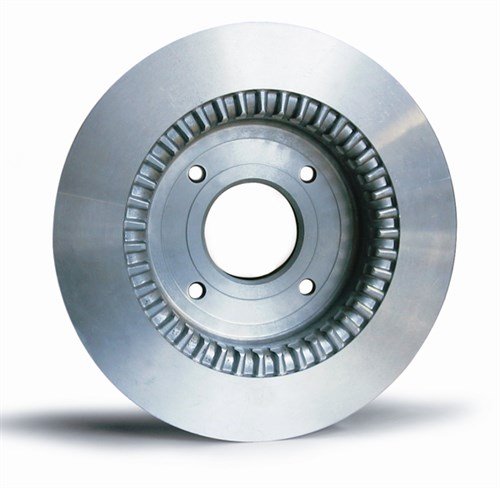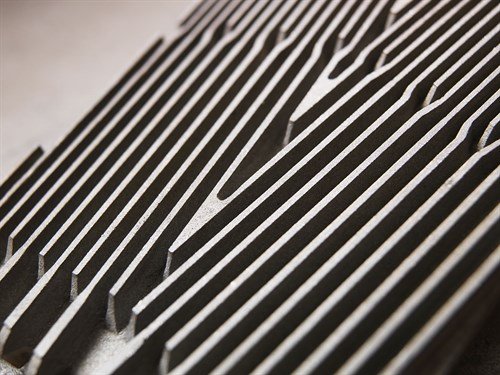Project Contribution to the LIGHTer Program Goals
This pre-study project will evaluate how the project consortia for a full scale project should be outlined considering different business sectors and partners along the supply chain. From a technical point of view, the project aim to expand the usage of AM for new applications and sectors to benefit from the inherit properties of the process; innovative light weight solutions and shorter development time with maintained/improved product quality. The pre-study project aim to evaluate the hypothesis of using digital image correlation for rapid stress evaluation for metal AM, and in a potential full scale project increase the TRL from 3 to 5, where we will provide solid evidence for measuring distortions/stresses and couple the experimental data with simulation. The generic results from the project will contribute to a at least 20 percent shorter development time for components manufactured with AM and at the same time reducing the component weight by at least 20 percent and improve part functionality by at least 20 percent.
Project implementation
Swerea IVF has been working with stresses/distortion analyses for more than 20 years. During 2015 Swerea IVF started the AM-team focusing of LBM for metallic materials and today have extensive laboratory with all necessary equipments. Swerea KIMAB has long track record in powder metallurgy and is today the only location in Sweden with metal atomization unit for research. The AM-team at Swerea KIMAB is focusing of the EBM and has all necessary equipment. GKN Aerospace Sweden AB who is one of the end-users (component manufacturer) has a high focus on light weight manufacturing, and will support this project with all LMD experiments.
AIM Sweden AB who is an end-user and active in a number of different sectors (medical, aerospace, etc) using EBM-technology will provide with process knowledge and manufacture all EBM components. Cascade Control AB who is a service provider in the field of geometrical measurement CAD/PLM and is certified GOM partner will perform the DIC measurements. Stresstech OY, a manufacturer for portable X-ray and hole-drilling devices for stress analyses will support this project with their expertise and performs stress measurement of EBM-manufactured components. Combitech AB is an independent consulting company and a part of defense and security within SAAB AB. Combitech will contribute with their expertise and knowledge in the field of simulations.
Deltagande företag
Swerea IVF
Swerea KIMAB
GKN Aerospace
AIM Sweden AB
Combitech AB
Cascade Control AB

